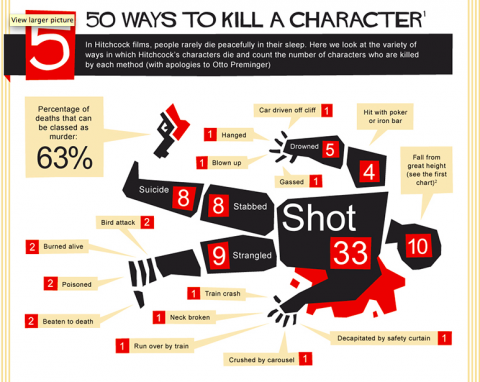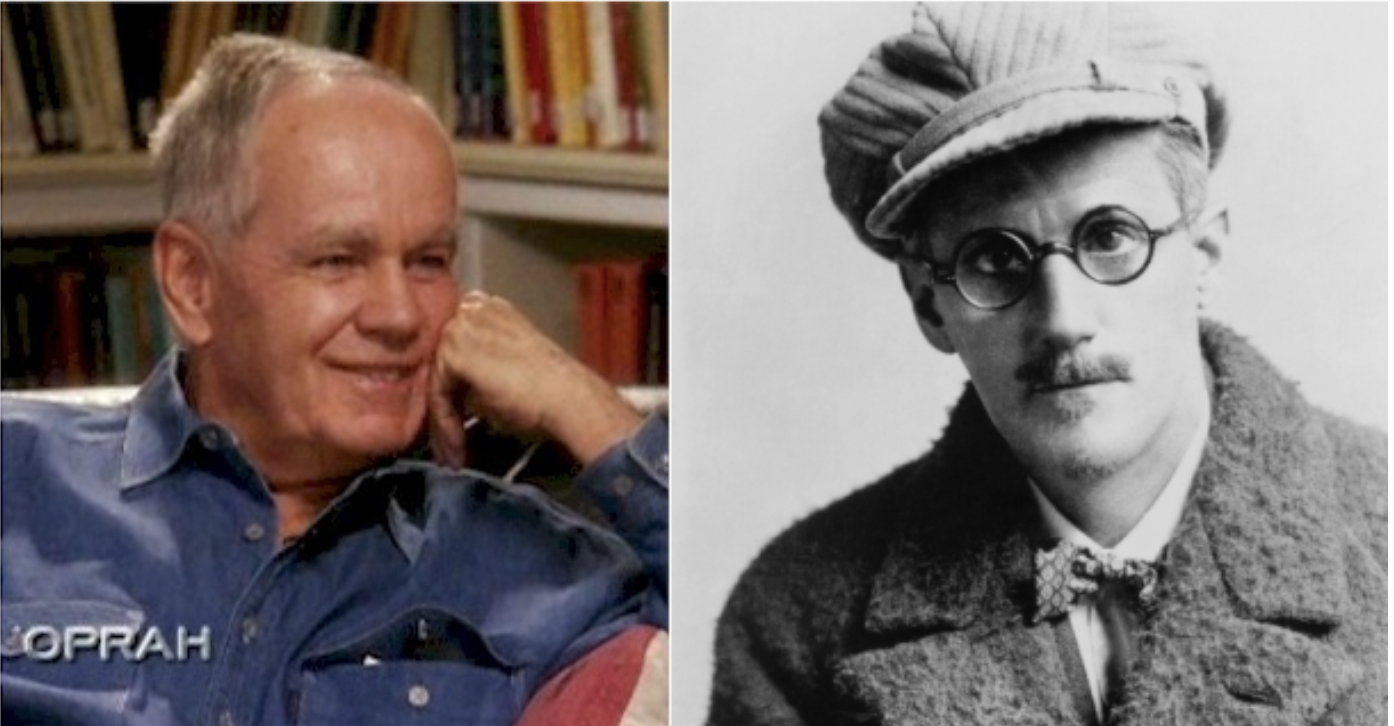It’s hard to imagine a time when George Orwell didn’t exercise masterful control over the English language. But if you go far enough back, you’ll find proof that every writer starts somewhere. We all begin as mortals.
In December 2, 1911, an 8‑year-old Eric Blair (the birth name of Orwell), wrote a letter to his mother, Ida, detailing his day-to-day affairs at St. Cyprian’s School, a boarding school in Southern England. The letter is sweet for many reasons, not least because of the phonetic spelling/misspellings that run through the note. The original/uncorrected text appears below. It’s one of many letters gathered on GeorgeOrwellNovels.com, and it’s also the very first letter published in a new volume this week, George Orwell: A Life in Letters. The endearing letter was apparently sent with a cute picture enclosed. You can see it right above.
My dear Mother, I hope you are alright,
It was Mrs: Wilkes birthday yesterday, we had aufel fun after tea and played games all over the house. We all went for a walk to Beachy-Head.
I am third in Arithmatick.
‘Its’ very dull today, and dosent look as if its going to be very warm. Thank you for your letter.It is getting very near the end of the term, there are only eighteen days more. On Saturday evening we have dncing, and I am going to say a piece of poetry, some of the boys sing.
Give my love to Father and Avril. Is Togo alright, We had the Oxford and Cambridge Matches yesterday. Cambridge won in the first and third, and the second did not have a Match. I am very glad Colonel Hall6 has given me some stamps, he said he wold last year but I thought he had forgoten. Its a beastly wet day today all rain and cold.
I am very sorry to hear we had those beastly freaks of smelly white mice back.
I hope these arnt smelly one. if they arnt I shall like them.From your loveing son,
E. A. Blair.
Related Content:
Download George Orwell’s Animal Farm and 1984 as Free Audio Books
The Only Known Footage of George Orwell (Circa 1921)
George Orwell Explains How to Make a Proper Cup of Tea




